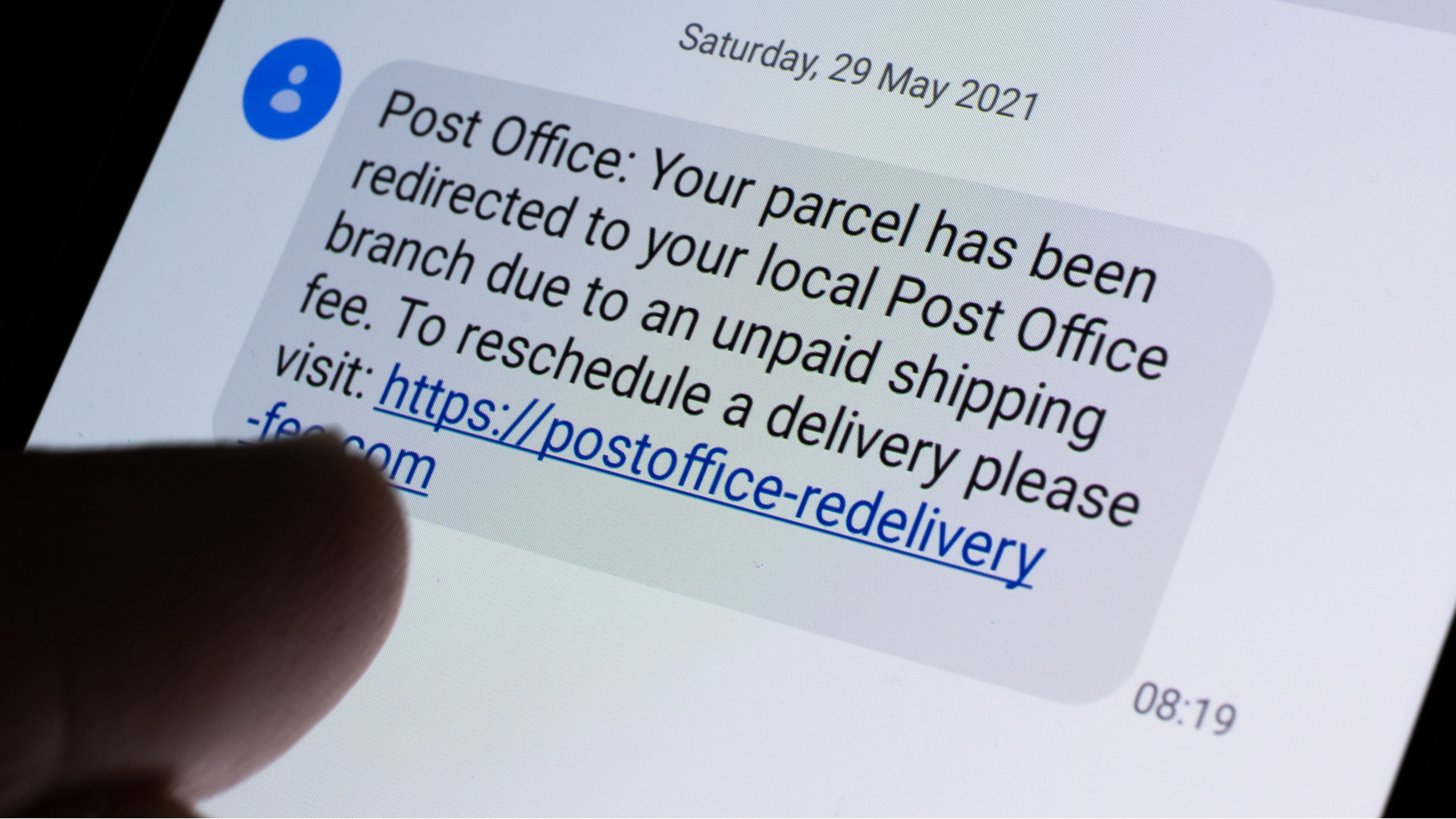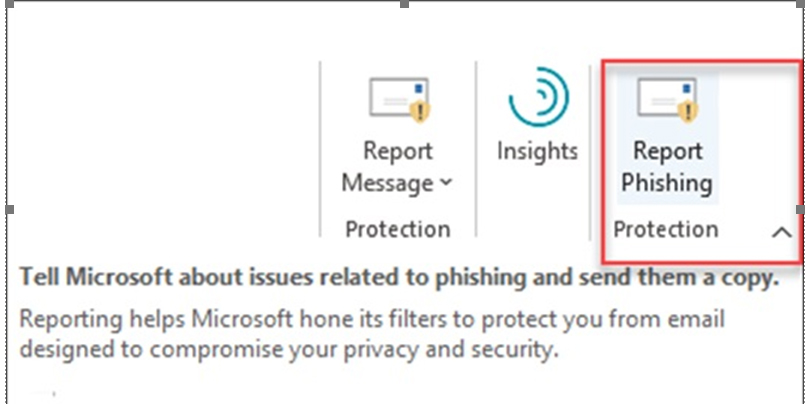Football club Lazio loses €2 million by falling foul of phishing scam
The Italian team sent an outstanding transfer bill to a fraudster's bank account

Italian football club Lazio has reportedly been scammed out of 2 million by email fraudsters claiming to be a team negotiating the transfer of a player.
The Serie A team was duped into releasing funds after it received an official looking email from what appeared to be representatives from Dutch club Feyenoord, demanding a final payment for the transfer of a player in 2014.
Fraudsters with knowledge of the deal, which saw defender Stefan de Vrij transfer to Lazio from Feyenoord, were able to trick Lazio's accountants into sending the outstanding balance of 2 million (1.75m) to their own bank account, according to Italian newspaper Il Tempo.
Feyenoord claims it had no knowledge of any such communication, and that it never received the funds. According to prosecutors speaking to the newspaper, the money has been tracked down to a Dutch account, but it isn't owned by Feyenoord.
IT Pro has contacted Lazio for comment.
Hackers are frequently falling back on phishing as a means to scam users out of their cash, as fears around the spread of ransomware and DDoS attacks have led to increased spending on website security, making it harder to hack into a site.
It's also another example of how lucrative phishing scams can be, particularly when fraudsters have knowledge of high profile deals, or those involving large transfers.
Sign up today and you will receive a free copy of our Future Focus 2025 report - the leading guidance on AI, cybersecurity and other IT challenges as per 700+ senior executives
London art dealers were defrauded out of hundreds of thousands of pounds when an email scamming campaign emerged in November last year. In that case, fraudsters were able to intercept PDF invoices after hacking into the email accounts of clients, replacing the bank details with their own to divert cash.
The scam against Lazio is a "classic case" of email phishing involving a compromised business deal, according to Barry Shteiman, director of threat research at Exabeam.
"Using social engineering, hackers convince employees to wire money to their accounts without the employee knowing this request did not come from within their company. Low tech, but high yield!" he said.
Image: Shutterstock
Dale Walker is a contributor specializing in cybersecurity, data protection, and IT regulations. He was the former managing editor at ITPro, as well as its sibling sites CloudPro and ChannelPro. He spent a number of years reporting for ITPro from numerous domestic and international events, including IBM, Red Hat, Google, and has been a regular reporter for Microsoft's various yearly showcases, including Ignite.
-
 I couldn’t escape the iPhone 17 Pro this year – and it’s about time we redefined business phones
I couldn’t escape the iPhone 17 Pro this year – and it’s about time we redefined business phonesOpinion ITPro is back on smartphone reviews, as they grow more and more intertwined with our work-life balance
-
 When everything connects, everything’s at risk
When everything connects, everything’s at riskIndustry Insights Growing IoT complexity demands dynamic, automated security for visibility, compliance, and resilience
-
 C-suites consider quantum a serious threat and "amazing" deepfake attacks are just 'months away'
C-suites consider quantum a serious threat and "amazing" deepfake attacks are just 'months away'News Deepfake technology has matured at a rapid rate, and video scams are likely to be a on par with the more convincing voice-only campaigns very soon, one expert says
-
 Shiseido reportedly suffers data breach
Shiseido reportedly suffers data breachNews The Japanese cosmetics company has been accused of failing to notify affected staff of the leak
-
 Almost a quarter of all spam emails were sent from Russia in 2021
Almost a quarter of all spam emails were sent from Russia in 2021News Last year's spam emails mostly centred around money and investment, Bond and Spider-Man movie premieres, and the pandemic
-
 HMRC issues scam warning ahead of Self Assessment deadline
HMRC issues scam warning ahead of Self Assessment deadlineNews The department stated that 2021 has already seen 797,010 tax-related scams reported
-
 Ofcom report reveals alarming uptick in smishing attacks
Ofcom report reveals alarming uptick in smishing attacksNews Text-based scams now more common than phone calls among young adults
-
 Smishing attacks increased 700% in first six months of 2021
Smishing attacks increased 700% in first six months of 2021News Which? has urged businesses to play their part to protect people from text message scams
-
 Delivery scams become most common form of smishing
Delivery scams become most common form of smishingNews Cyber security provider Proofpoint finds a major increase in the number of threat actors impersonating postal services
-
 NCSC simplifies Outlook scam-reporting tool
NCSC simplifies Outlook scam-reporting toolNews Users are now able to report phishing emails with just one click